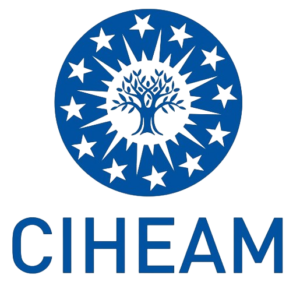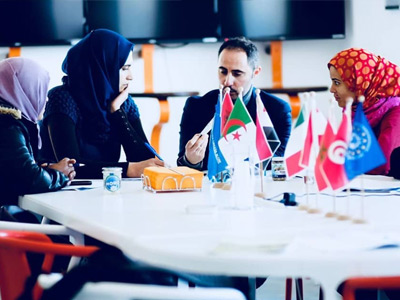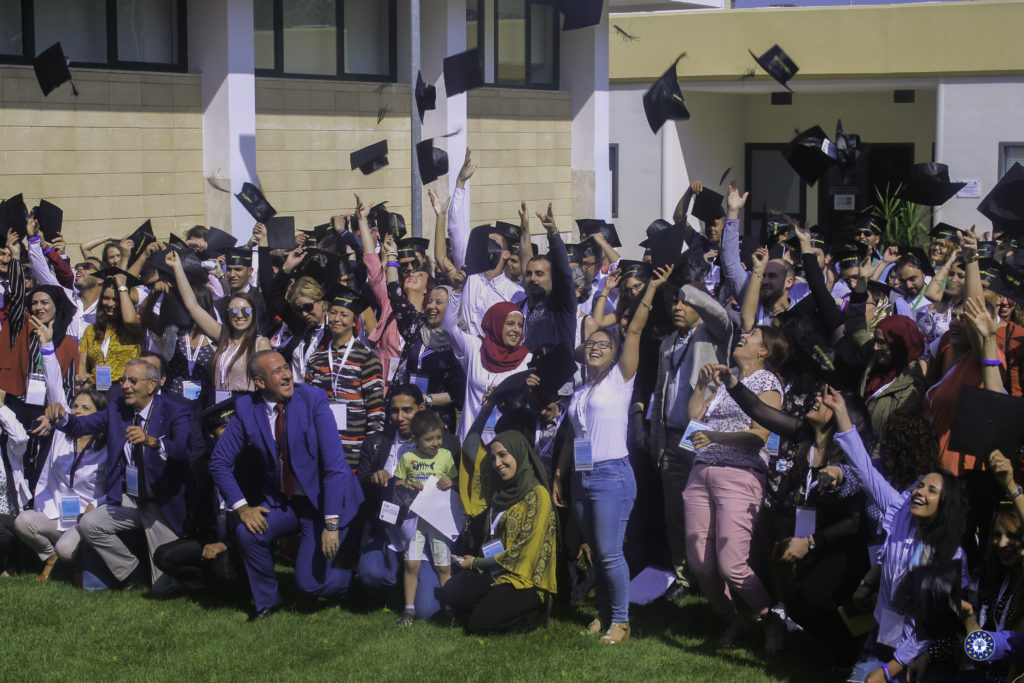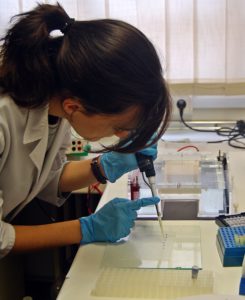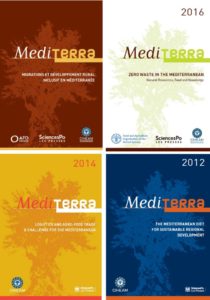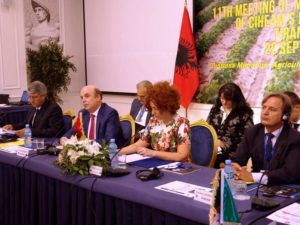MIGRATION AND INCLUSIVE RURAL DEVELOPMENT IN THE MEDITERRANEAN
MEDITERRA CIHEAM-AFD
Today, migratory phenomena are an essential part of political agendas. Little known, their effects on territories of origin and destination have an impact on the socio-economic balance in an already preoccupying climate context. As a major component of population movements, migration from countryside to cities is a strategy to improve household living conditions thanks to migrants’ tangible and intangible transfers and is a lever for local development.
However, it also undermines the attractiveness of rural territories, especially for younger people. Besides, it deprives them of the human resources required for the agricultural and agri-food sectors.
At a time when food crises are resurging and natural resource tensions in the Afro-Mediterranean region are worsening, migration may also weaken food and water security of the poorest regions.
What have been, and what are, the migratory trends in the Mediterranean? How can internal and international mobility be integrated as a territorial development factor? How can youth and female migration be addressed?
What are the links between migration and the environment? What roles do innovation and the private sector play? What answers can be provided by actors of cooperation and development?
Co-directed by the International Centre for Advanced Mediterranean Agronomic Studies (CIHEAM) and the Agence française de développement (AFD), the new edition of the Mediterra report gives the floor to experts and partner institutions to better understand this complex theme, and identify sustainable solutions.
Published every two years in English and in French, Mediterra is the CIHEAM’s flagship publication. It provides an in-depth analysis of the major challenges related to agriculture, food and rural areas in the Mediterranean.
To order it at Les Presses de Sciences Po

